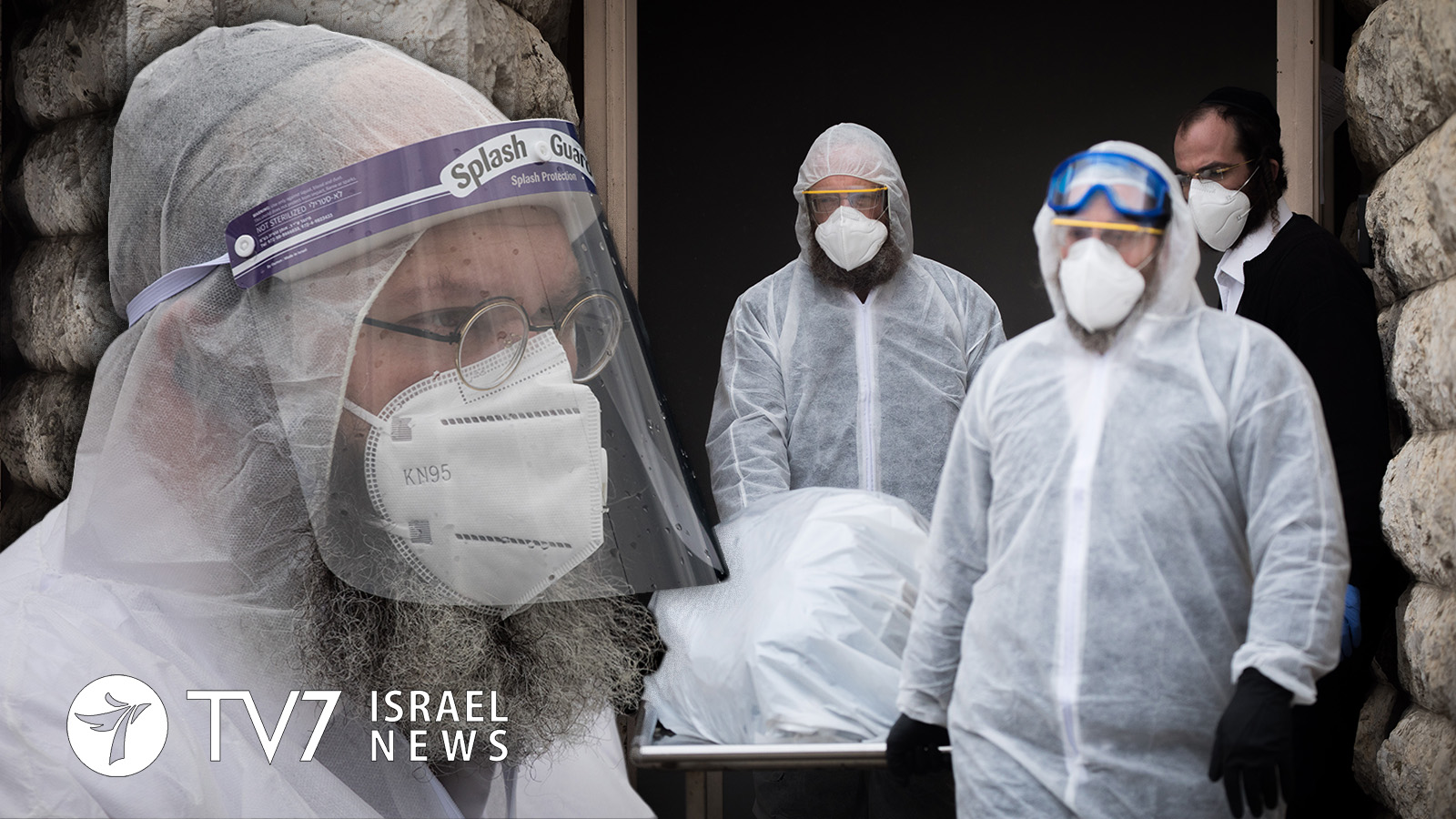In a televised address to the nation, Israeli Prime Minister Benjamin Netanyahu announced yet another series of new measures as part of the country’s relentless battle against the spread of the coronavirus, effective immediately.
“We are still in the midst of an international tsunami,” said the Israeli leader, a “mighty storm.” After stating that COVID-19 “is engulfing continents and countries – almost every country on earth,” Netanyahu said, “The world is at one great front.” He revealed that he asked Italian Prime Minister Giuseppe Conte what “lesson” he has learned from “the awful tragedy striking the people of his country” where “thousands have died in recent weeks,” to which Conte replied: “Bibi, do the hard things sooner rather than later.”
Netanyahu then cited a Hong Kong study that ranked the Jewish State at the top of an international index scale vis-à-vis general public safety during these days of global crisis, but warned that “now is not the time to fall into a trap of complacency.”
“Today, we are at a critical juncture. We have the possibility to continue moving forward, with the same handful of countries which have apparently blocked the coronavirus. But, we are liable – God forbid – to falter, with the same countries that already have thousands of dead. In the last 24 hours in New York, someone has died every four minutes. The situation is similar in Spain. Britain, the Netherlands and other advanced countries are waging a desperate struggle not to go there,” said the Israeli leader.
Netanyahu then announced Jerusalem’s decision to immediately blockade the predominantly ultra-Orthodox Jewish city of Bnei Brak, where the spread of the contagion has been raging. “I have instructed all ministries to present special assistance to the city of Bnei Brak,” he said, adding that “I want to emphasize immediately, regarding Bnei Brak and any other place for which we are tightening the restrictions on movement, we will see to everyone and their needs.”
In response to rising public frustration over lack of compliance by many observant Jews with anti-virus restrictions, Prime Minister Netanyahu revealed that while “a very positive change” has been recorded “with full backing from the rabbis,” it has regrettably come too late “in certain places” where “the disease has already spread at a redoubled rate relative to other places.”
Other increased measures include instruction for all Israelis to wear face masks at all times when in public, and those returning home from abroad will be now be sent into a mandatory two-week quarantine at designated hotels.
Prime Minister Netanyahu also announced that a series of one-time government grants will be distributed to every Israeli household with children, as well as to senior citizens and the disabled or impaired. Calling it “a special stipend for the Passover holiday,” Netanyahu said that ₪500 shekels (equivalent to just over $137) per child will be given to every family up to and including a fourth child under the age of 18, and that seniors will receive the same amount paid directly into their bank accounts.
While the national economy sustained a critical blow during these times of crisis, Netanyahu reassured that it remains powerful and thus permits Jerusalem to provide financial assistance to all of the People of Israel.
